Are Master Key Systems the Right Choice for Your Business?
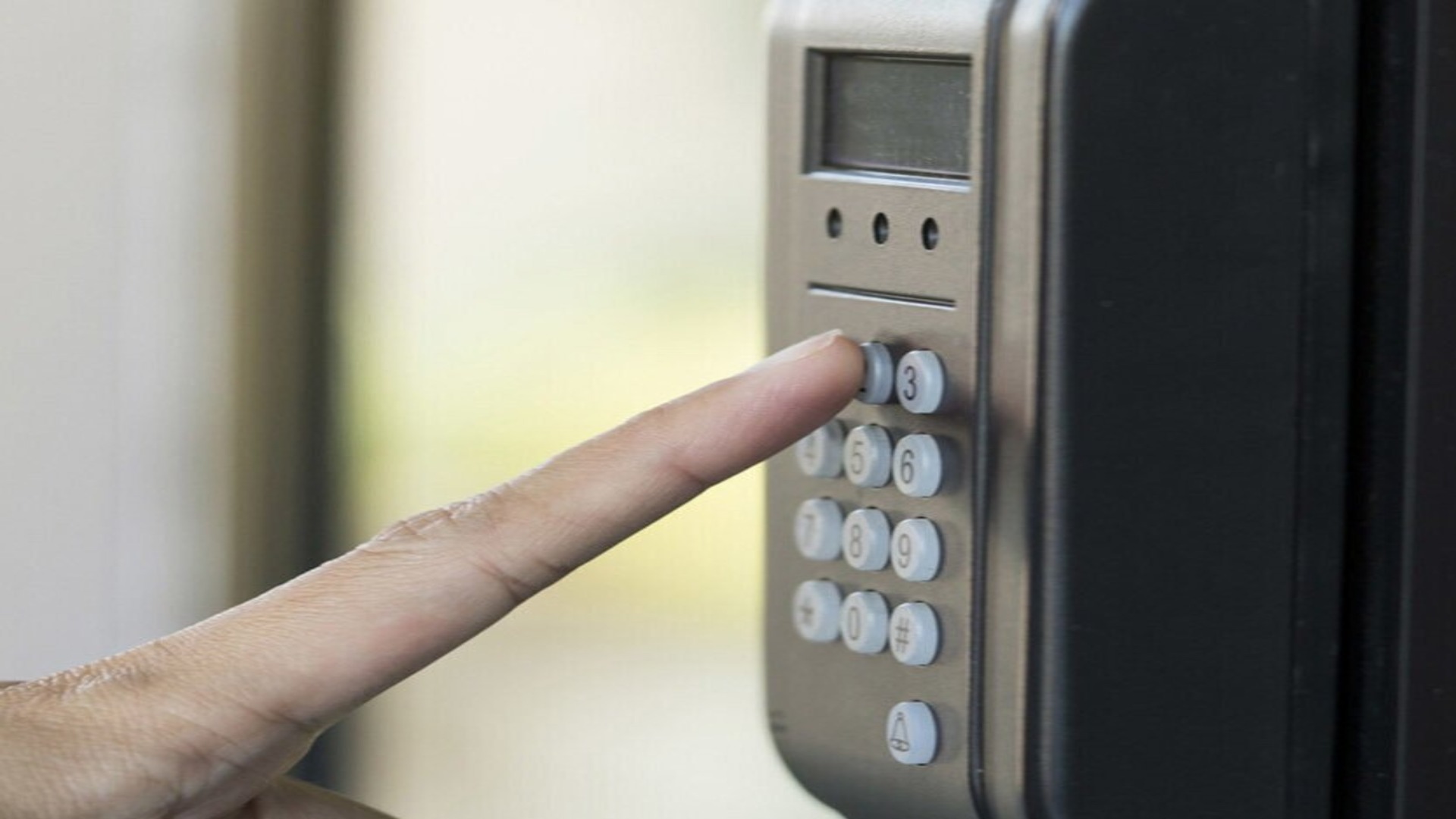
When managing access in your business, one option to consider is a master key system. Master key systems allow you to have a hierarchy of access, where master keys can open all locks, sub-master keys open a subset, and individual keys only open one lock.
In this blog post, we’ll explore the pros and cons of master key systems and help you determine if implementing one makes sense for your business. A master key system could streamline operations and make it easier to manage access, but only if implemented properly.
Whether you manage a large office building or a small shop with limited staff, a master key system is a big decision. This article will provide an in-depth look at the tradeoffs so you can make an informed choice about what’s right for your unique business needs.
What is a Master Key System?
A master key system is a type of key management system that allows different access levels through a hierarchy of keys. In a master key system, there is a master key that can open all locks in the system.
Then, sub-master keys open a subset of locks, and individual keys open just one specific lock. This creates a tiered system of access, where higher-level keys can access more locks.
In businesses, master key systems allow managers access to all areas through the master key. At the same time, employees may be given individual keys that only unlock specific doors related to their work. The system enables convenient access control and oversight without issuing separate keys for every lock. Implemented properly, a master key system makes it easy to manage access flexibly.
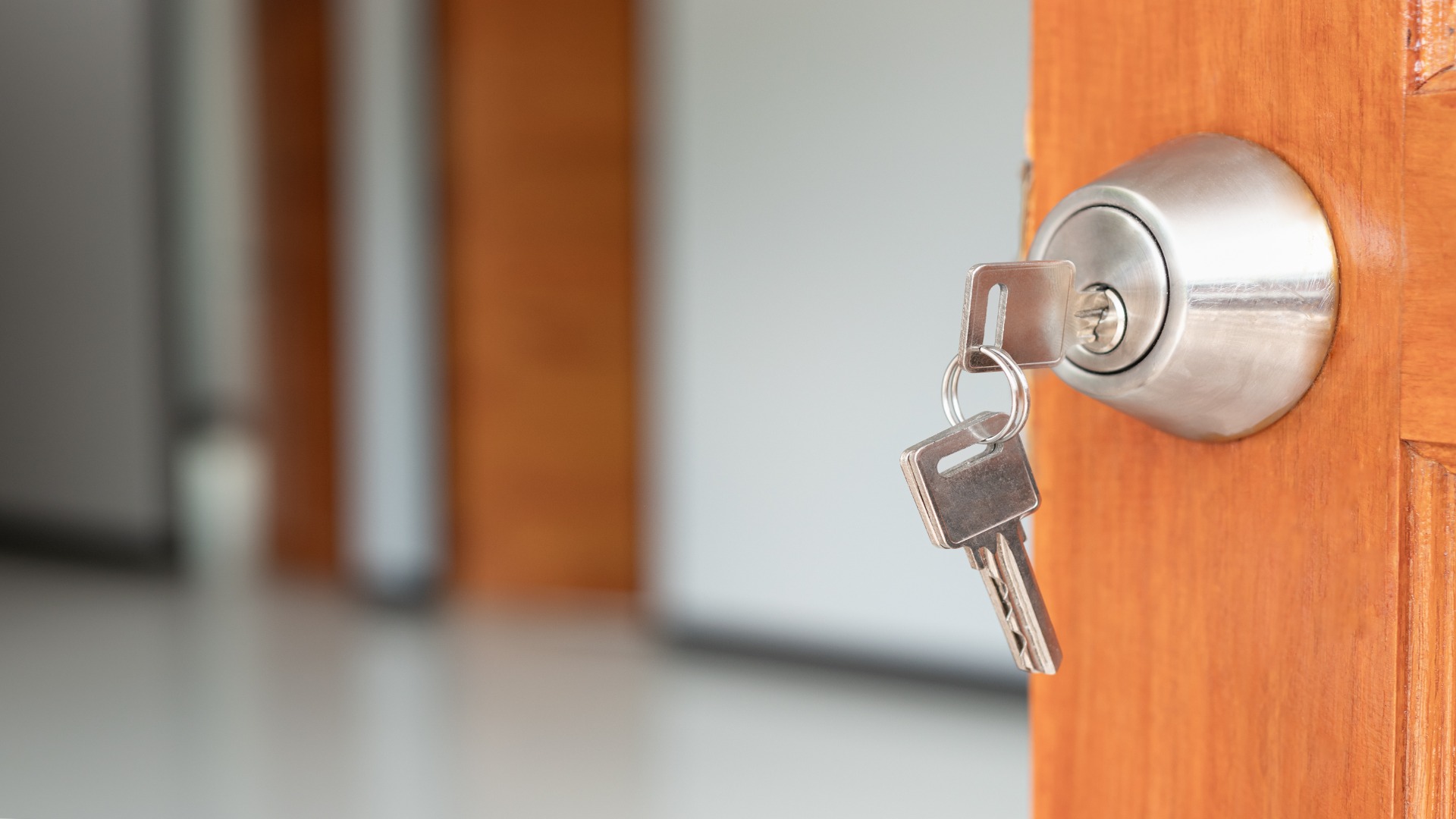
Benefits of Master Key Systems
Master key systems offer a variety of benefits that make them an attractive access control option for many businesses. One of the main benefits of having a master key system installed is that you have full control of who can go where inside your premises. Another major advantage is convenience – managing one master key is far easier than tracking hundreds of separate keys.
This saves significant time and hassle for both managers and employees. Master key systems also improve operational efficiency. Managers can quickly access any area rather than having to locate and carry many individual keys.
There is more flexibility in managing access permissions as sub-master keys can be issued to provide entry only to certain zones. Another major benefit is cost savings. Installing a master key system and all new locks can be less expensive than changing individual locks and reproducing keys over time.
Additionally, if a key is lost or stolen, the whole system does not need to be re-keyed, just the affected locks. With their hierarchical access control and scalable simplicity, master key systems offer a versatile solution for managing access in commercial buildings.
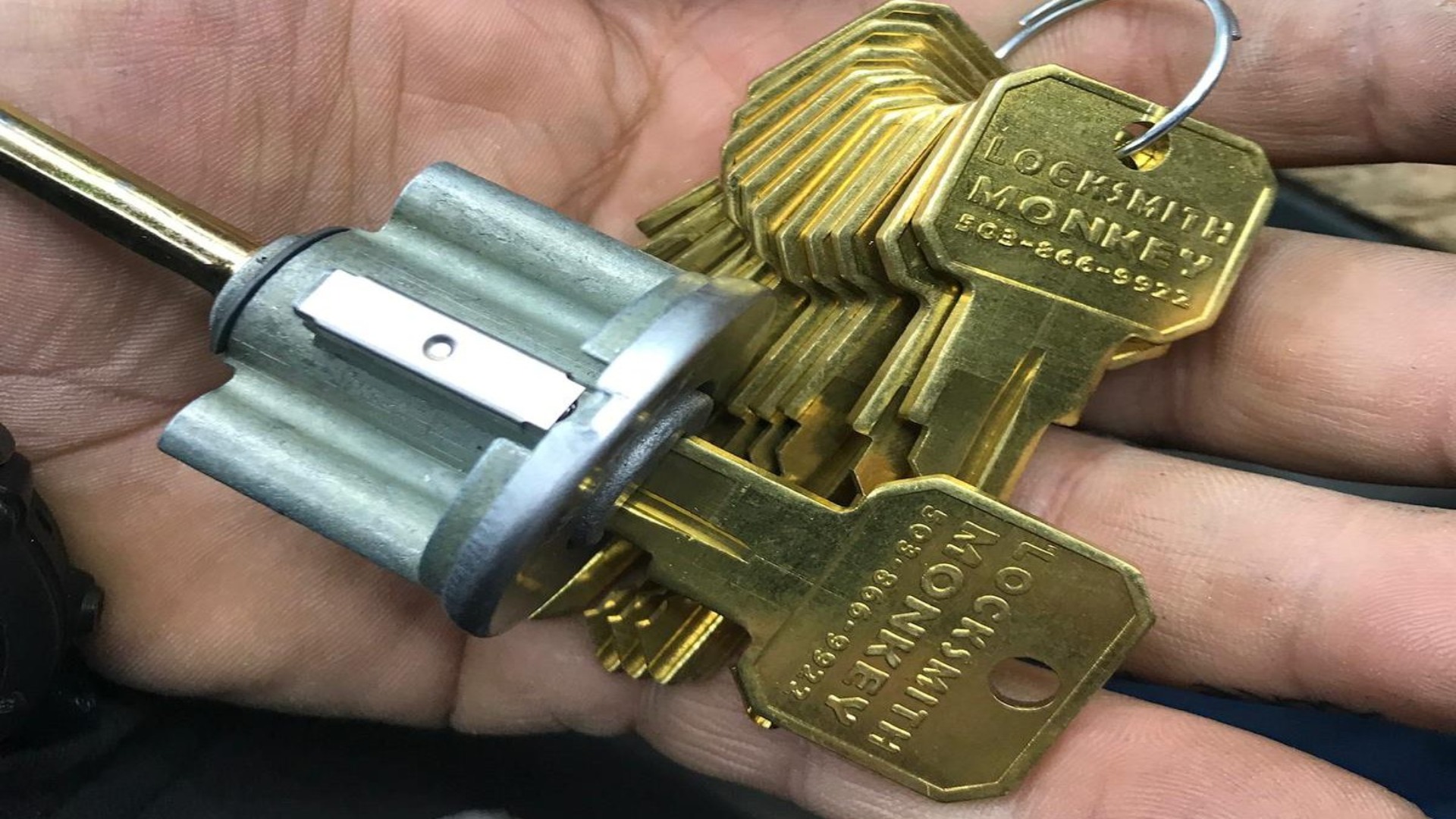
Considerations for Implementing a Master Key System
Installing a master key system requires careful planning and execution to utilise its benefits securely. A crucial early step is deciding the different access levels needed and mapping out the doors each key can unlock.
The hierarchy should be logical based on operations and security system protocols. Quality materials and certified professionals are a must to prevent compromising the system when installing new locks. Proper documentation of all keys and access permissions is essential for managing the system down the road.
Master keys must only be given to highly trusted personnel. Physical key storage and security procedures should be instituted to prevent unauthorised duplication or misuse of master keys. Periodic system audits can uncover any issues with lost keys or locks being re-keyed incorrectly.
With vigilant management and oversight, a business owner can implement master key systems to streamline access control while maintaining high-security standards. Taking the necessary precautions makes leveraging the convenience and efficiency of master keys well worth the effort.
Types of Master Key Systems
There are a few basic types of master key systems used in different settings. A simple master key system consists of one master key that opens all locks, with separate change keys opening individual locks.
More complex tiered systems establish different levels, like sub-master keys or zone masters, to allow access to certain areas. An interchangeable core system uses removable core cylinders that can be re-keyed or replaced to modify access.
Maison key systems have a master key that opens all outer main entrance locks, with separate prime keys for interior spaces. Hotel key card systems provide electronic master keys to staff and individual entry cards to guests.
No matter what type of master key system is implemented, the basic concept remains the same – establishing a hierarchy and layers of access with different keys. The particular system chosen depends on the scale and needs of the specific building or application.
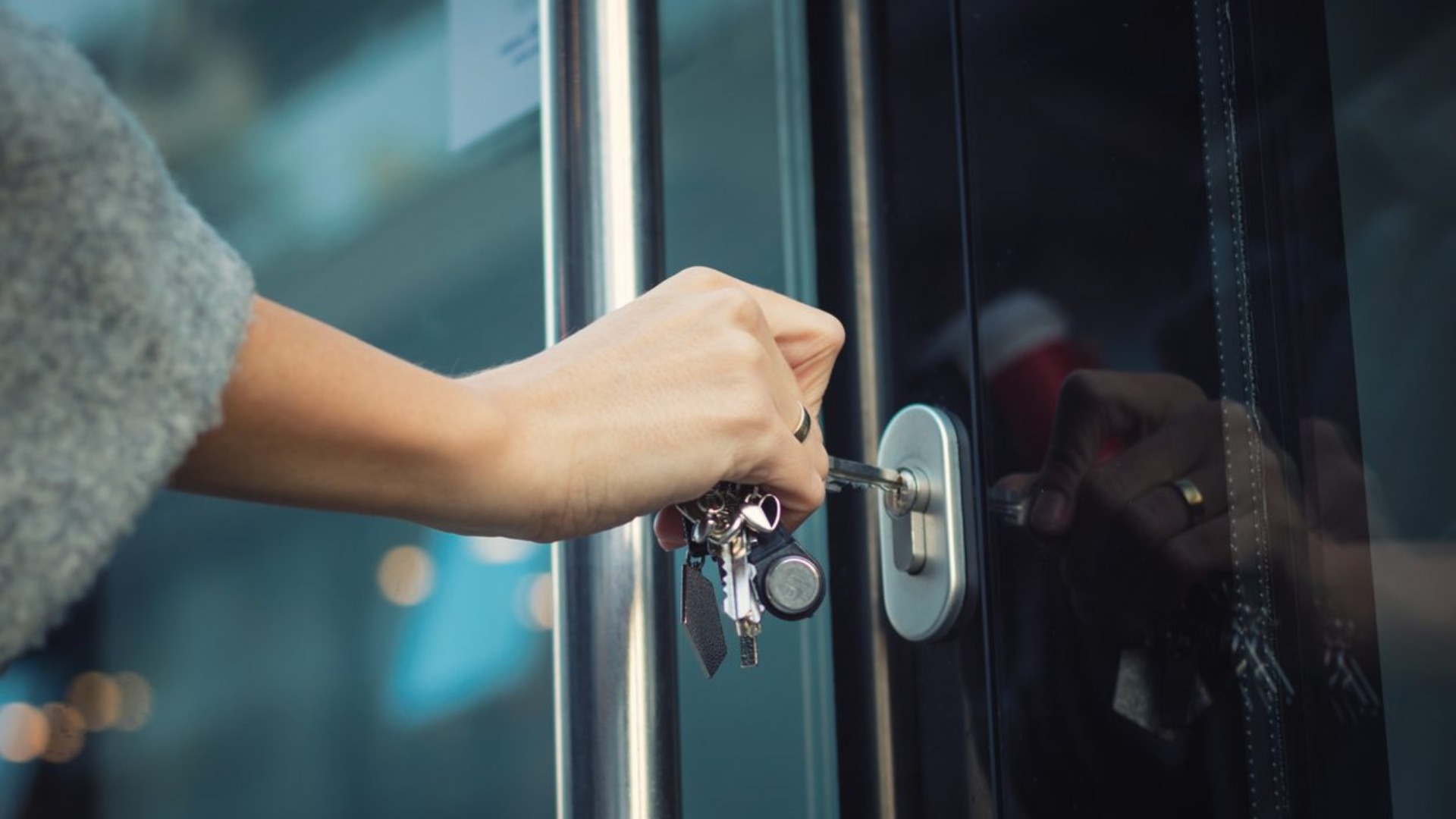
Potential Drawbacks and Challenges
While offering convenience and flexibility, master key systems do come with certain disadvantages to consider. A major concern is the increased security risk if master keys are duplicated or fall into the wrong hands.
Re-keying the entire system can be extremely costly in that event. Staff must be vigilant about proper procedures and storage for master keys. There is also the logistical challenge of managing and tracking keys as well as updating documentation as locks and keys are changed over time.
Planned maintenance is crucial to ensure the system continues functioning properly. Issues with individual locks getting jammed or damaged could compromise the integrity of the whole system if not addressed.
Businesses or key holders must weigh the ongoing effort and potential risks required to benefit from the efficiency of master key systems. With proper precautions and oversight, the drawbacks can be minimised. However, the challenges should factor into implementing this type of access key control system.
Steps to Implementing a Master Key System
Installing a grand master key system requires careful planning and execution to maximise security and convenience. The process involves some key steps:
- Map out the building layout and determine each area’s access needs. This allows you to develop the hierarchy of master keys and key levels.
- Choose quality master key system locks and cylinders that allow smooth integration.
- Create a numbering system and detailed documentation for all keys and locks.
- Establish proper procedures for key storage, security, and duplication. Implement restricted key systems.
- Develop a plan for ongoing maintenance, audits, and system updates. Track all changes.
- Install the master key system locks and cylinders and test that the keying hierarchy works properly.
- Provide training for staff on operating the new master key system and following protocols.
With careful advance planning and proper implementation, a master key system can provide convenient, flexible access control tailored to your building’s needs.
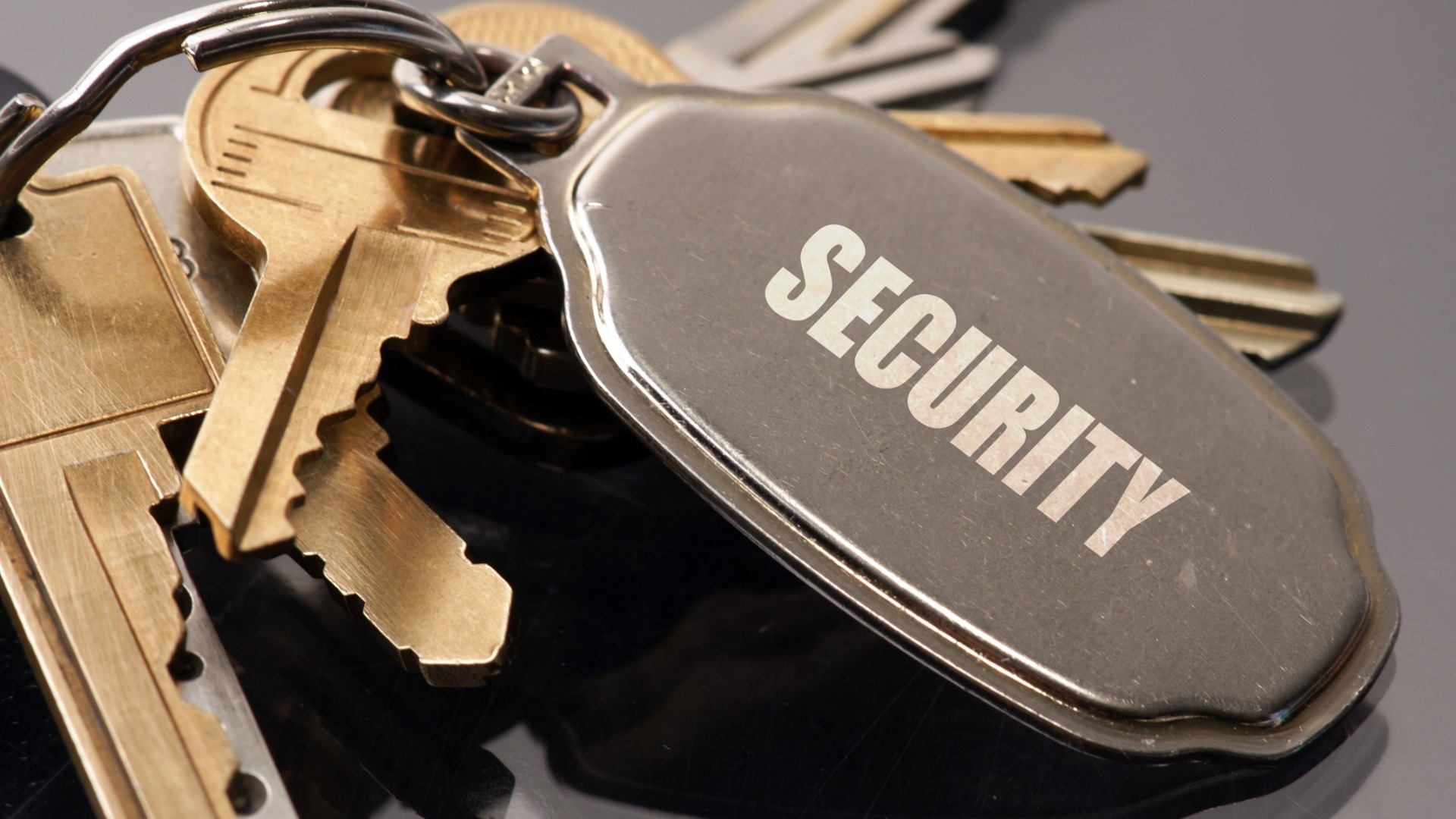
Alternatives to Master Key Systems
While master key systems offer centralised access control, other options may be better suited depending on the needs of a building. One alternative is installing individually keyed locks for every door rather than having interconnected mastered locks. This isolates access but requires managing many different keys.
Keypad or RFID electronic access systems programmable code entry are another option for securing doors. However, they require power and wiring.
Other non-key alternatives include biometric access devices like fingerprint scanners or even simple mechanical options like deadbolts, bars, and padlocks. When evaluating access control, it’s important to consider factors like convenience, flexibility for changing access, installation costs, power requirements, and ease of managing the system.
Master key systems provide versatile hierarchical access control but may not be optimal in every situation depending on the building layout, user needs, and security risks. Considering all options allows for finding the best access control solution.
So, Should Your Business Consider Implementing Master Key Systems?
When weighing all the factors of managing access in your business, master key systems can provide versatile convenience through tiered access control. However, they require vigilant oversight and regular maintenance to mitigate security risks.
Look closely at your building’s layout and traffic patterns when deciding if a master key system aligns with your access control needs. Also, consider costs, staffing limitations, and your risk tolerance. Implemented thoughtfully, master key systems enable efficient access scalable to your growth.
If you decide a master key system could benefit your business, be sure to use reputable professionals like Express Locksmiths Gold Coast for planning, high-quality equipment, and certified installation. Our expert team can help analyse your needs and seamlessly implement a master key system tailored to your building.
Reach out today to discuss securing your business with flexible access solutions. With the right partner, you can enjoy the perks of master key convenience while properly managing risk.


